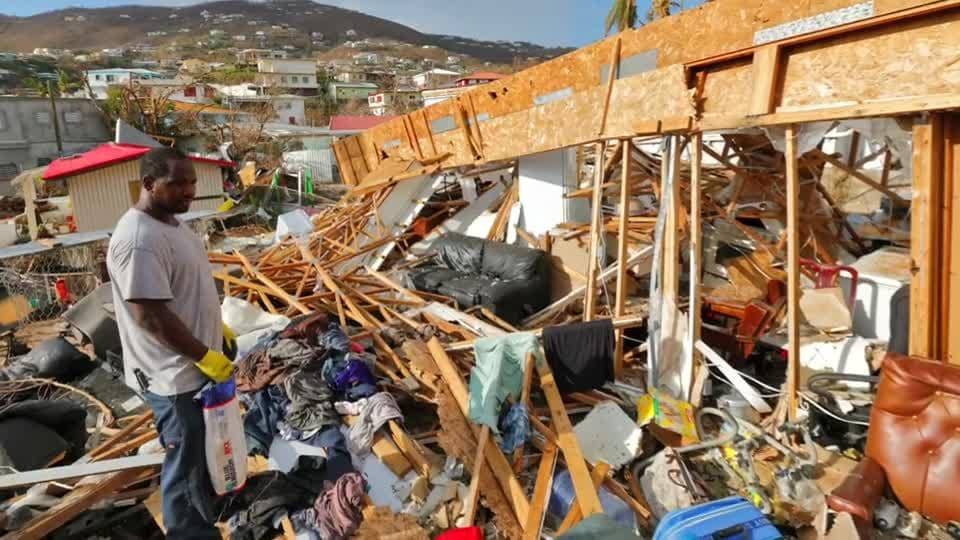
Many residents have already benefited from the agriculture revitalisation which begun in Dominica following the passage of hurricane Maria last month. The OECS Commission has partnered with the Food and Agriculture Organization of the United Nations (FAO), the Caribbean Agricultural Research and Development Institute (CARDI) and an agricultural consultant, Peter Dillon, to establish a seedlings project.
Over 100,000 fast growing seeds were recently planted and the first harvest is expected in four weeks.
Hurricane Maria has left the landscape in Dominica, the “nature island,” desolate and the need for replanting is apparent and urgent. Self-sufficiency is now a priority to speed up the recovery process as the country currently depends on shipments of food relief from regional and international stakeholders.
Fast growing food crops were identified as the priority seeds: tomatoes, eggplants, pumpkins, sweet potatoes, spinach, lettuce, cabbage and kale. On one hand, the operations consisted in supporting individual farmers and households through the distribution of seeds.
On the other hand, three major sites have been identified as strategic areas for replanting interventions: Roseau, Londonderry and Portsmouth. The Portsmouth community, located in the south of the island, is particularly important as it enables the food supply of the hospital.
“This week we worked in Roseau and in Portsmouth where we planted a total of 150,000 seeds. We also ensured the rehabilitation of four greenhouses. The interventions went much better than I thought. We are expecting the first harvest in four weeks!” Dillon confirmed with enthusiasm.
Gwyneth says she is not happy having lost all her physical possessions.
“But I am happy to be back on the farm. We have to find ways to provide for ourselves.”
Advertise with the mоѕt vіѕіtеd nеwѕ ѕіtе іn Antigua!
We offer fully customizable and flexible digital marketing packages.
Contact us at [email protected]
















